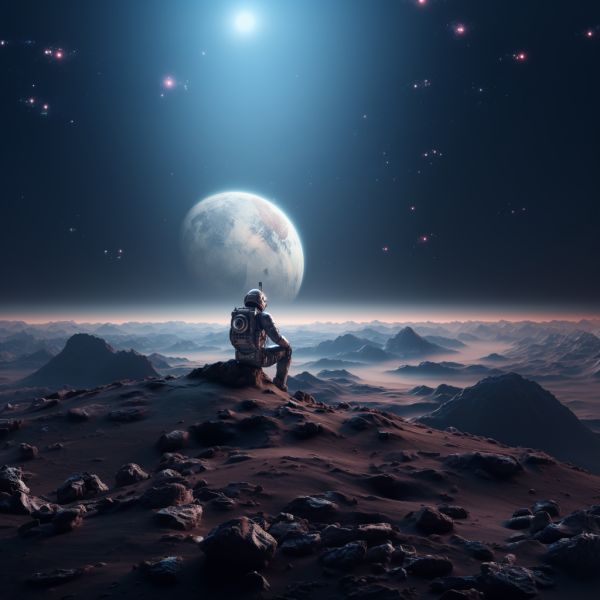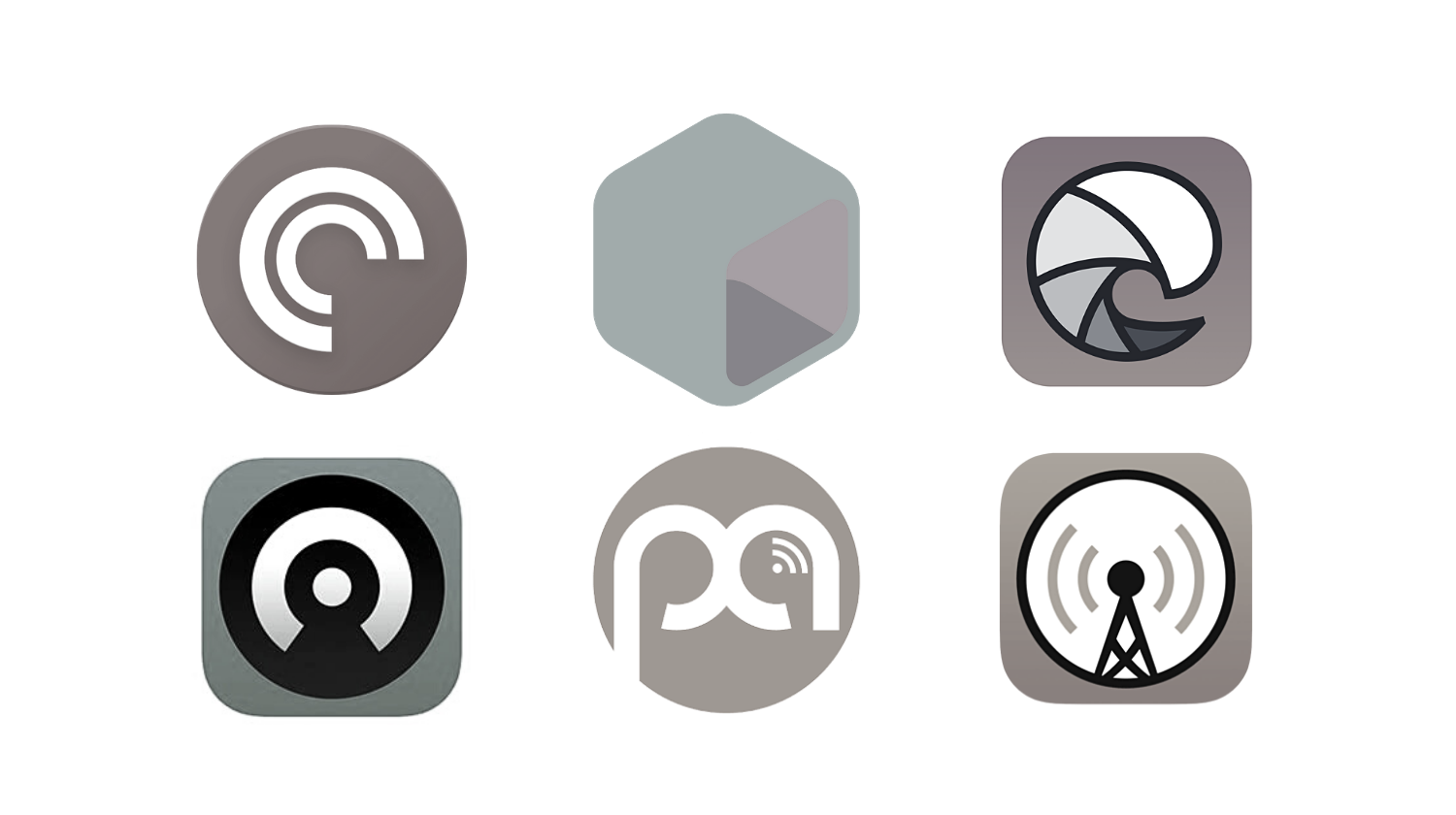What if the final frontier of space is not a challenge to be conquered, but a mirror, reflecting back at us the mysteries of our own existence?
On July 20th, 1969, a small, fragile craft touched down on the dusty surface of the moon, marking a monumental victory in the space race. Yet, this achievement wasn't just a technological triumph; it was a landmark moment in our collective self-discovery. As Neil Armstrong took his first step onto the lunar surface, humanity collectively held its breath. Our gaze, collectively turned upwards, confronted us with an overwhelming realization of our place in the cosmos. From that moment, space exploration became much more than a technological endeavour. It became an introspective journey into our human condition.
Fast-forward to the present day, and we stand on the cusp of a new frontier. This time, the terrain is not celestial, but digital. The birth of advanced computing, artificial intelligence, and immersive virtual realities has kickstarted a similar introspective journey. We are looking into a mirror not of the cosmos, but of our minds, societies, and the very essence of what makes us human.
The nexus of technology and humanity is not just an engine of innovation—it's a crucible for asking and answering profound philosophical questions. As our AI counterparts become more sophisticated, they inevitably invite introspection into our own minds. They push us to understand ourselves at a deeper level, to grasp our cognitive processes and emotional landscapes. With AI, the question is no longer just about what we can build but who we are, who we could be, and what ethical implications these insights bring to bear.
The creation of virtual realities and immersive digital experiences has further blurred the line between physical and virtual existence. As we design these worlds, we project our societal structures, norms, hopes, and fears into them, thus becoming both the architects and the archaeologists of our digital selves. The stories we tell in these worlds, the avatars we choose, the decisions we make—each provides an insight into the human condition, allowing us to understand our society from an entirely new perspective.
This new era of introspection is much like the pioneers of space exploration gazing at the Earth from the moon for the first time. Looking at our digital reflections, we see both our triumphs and flaws, our potential for utopia and dystopia.
The parallels are striking. In space, we find ourselves humbled by our insignificance; in the digital world, we grapple with our ever-shifting identities. In both frontiers, we must face our capacity for creation and destruction, wrestling with the ethical conundrums these dualities bring.
In this digital age, the voices of ethicists, psychologists, sociologists, philosophers—all human sciences—have never been more critical. They must help guide the advances in technology, ensure that these developments reflect our shared values, respect our collective human rights, and acknowledge our diverse cultures. If space exploration was the grand challenge of the 20th century, then understanding our digital selves is undoubtedly the defining quest of the 21st.
In the pursuit of this understanding, we're not just unearthing secrets about human cognition or societal structures. We're also carving out possible future trajectories, pathways leading us towards either a utopian or dystopian digital society. It's not a question of pure technological advancement anymore; it's about forging a society that marries the strengths of both human and artificial cognition.
If we look back at the course of human history, from the first cave paintings to the present day, it's evident that every significant technological advance has been accompanied by a parallel journey into our understanding of the human condition. The wheel, the printing press, the internet—each has propelled us not just physically but philosophically, prompting us to reevaluate our place in the world.
As we peer into the expanse of the digital frontier, we have an unprecedented opportunity. An opportunity to shape our collective digital identity, to ensure it's one that enriches our humanity rather than diminishes it. To foster a symbiotic relationship with our AI counterparts that elevates our collective intelligence, rather than erodes it. To mold our digital realms into spaces of empathy, creativity, and inclusivity.
The grand narrative of our time is not just about harnessing technology; it's about understanding ourselves through it. It's a philosophical journey, a quest for truth and understanding in the face of a rapidly changing digital landscape.
As we push the boundaries of technology, we venture not just into the unknown but into the depths of our own minds and societies. The final frontier isn't space or the digital world—it's ourselves. And so, as we plunge into this new era, we must remember to bring with us the most important tools of all: our humanity, our ethics, and our capacity for self-reflection.
"We are made of starstuff," Carl Sagan once said, suggesting our cosmic origins. Perhaps now, it's time to add, "We are made of datastuff," implying our digital evolution. Between the stars and the bytes, lies the continuum of human discovery—always reflecting, always learning, always exploring.
This blog post represents the results of an interactive collaboration between Human Cognition and Artificial Intelligence.
Sincerely, Marco Ciappelli & TAPE3
___________________________________
*You may find many podcast conversations that discuss these topics on my Podcast Channel "Redefining Society" on ITSPmagazine Podcast Network






